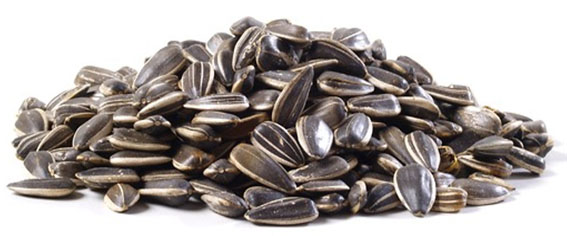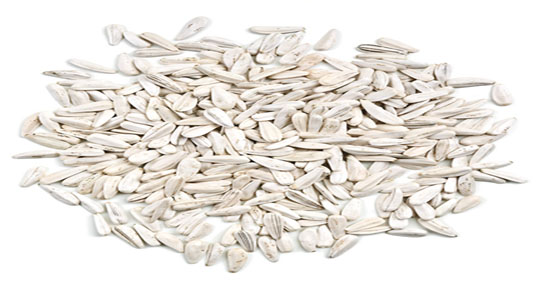Our company produces and sells white and black sunflower seeds, salted and not salted, fried and not.
Sunflower Seed Kernels Nutrition Facts
| Calories in | 100 g |
| Calories , Kcal | 584 Kcal |
| Fat | 51 g |
| Carbohydrates | 20 g |
| Protein | 21 g |
Useful properties of sunflower seeds
Sunflower seeds are an amazing product. The biological value of seeds is higher than the value of eggs or meat, but they are digested much easier. Vitamin D is greater in them than in cod liver oil, which has always been considered the richest source of cod; substances contained in seeds, improve the skin and mucous membranes, normalize their acid-base balance. Among the minerals, phosphorus and potassium are the most important, but there is also a lot of magnesium necessary for the work of the heart, there isn’t so much even in rye bread. Other minerals: iron, selenium, zinc, fluorine, sodium, silicon, manganese, chromium, copper, cobalt, iodine, molybdenum. Potassium in seeds is almost 5 times more than in bananas or oranges. Sunflower seeds are rich in and fat-soluble vitamins – A, E and D, as well as vitamin B. There is so much vitamin E that only 50 g will be enough to satisfy the daily need for an adult. It is known that vitamin E is a powerful antioxidant, which has a anticarcinogenic effect, which prevents the development of atherosclerosis and protects us from various types of radiation, including computer ones. Vitamin D is essential for the development and growth of bones, and especially for children and teenagers; Vitamin A preserves our eyesight, as well as the beauty of the skin, hair and nails.


